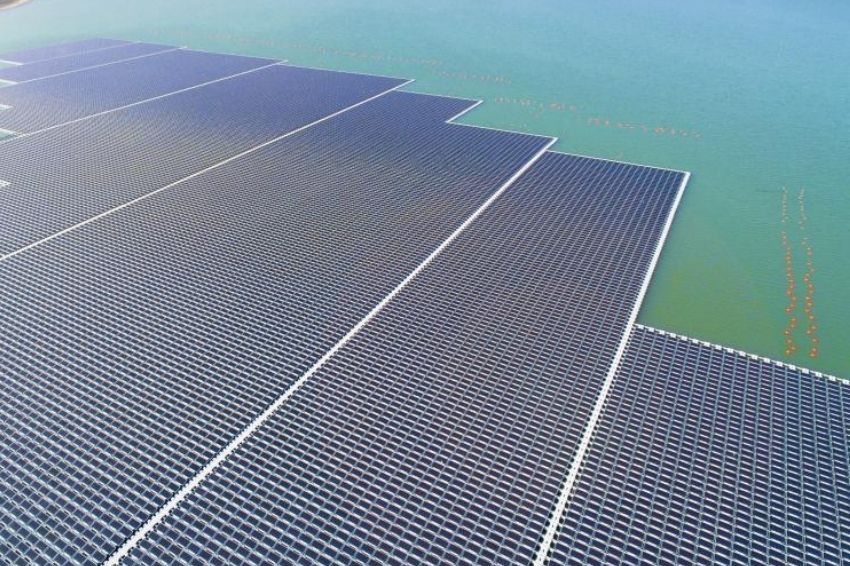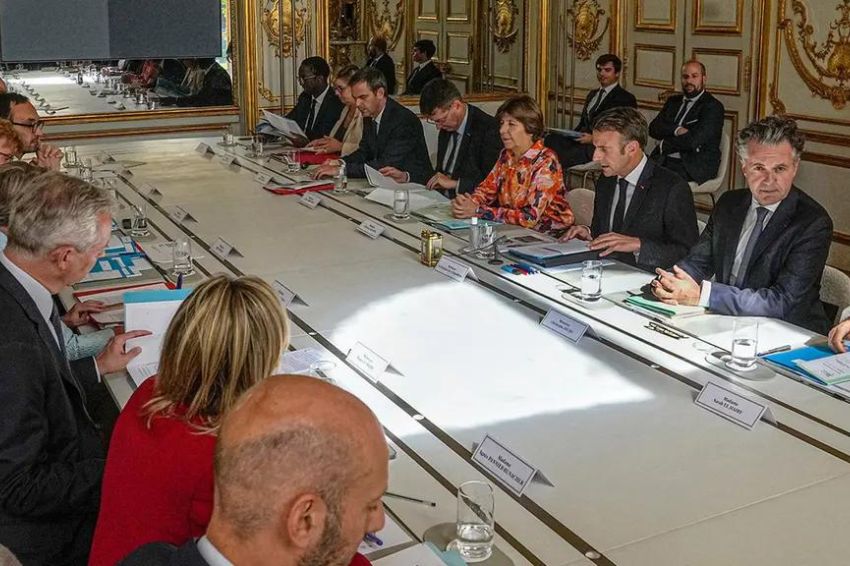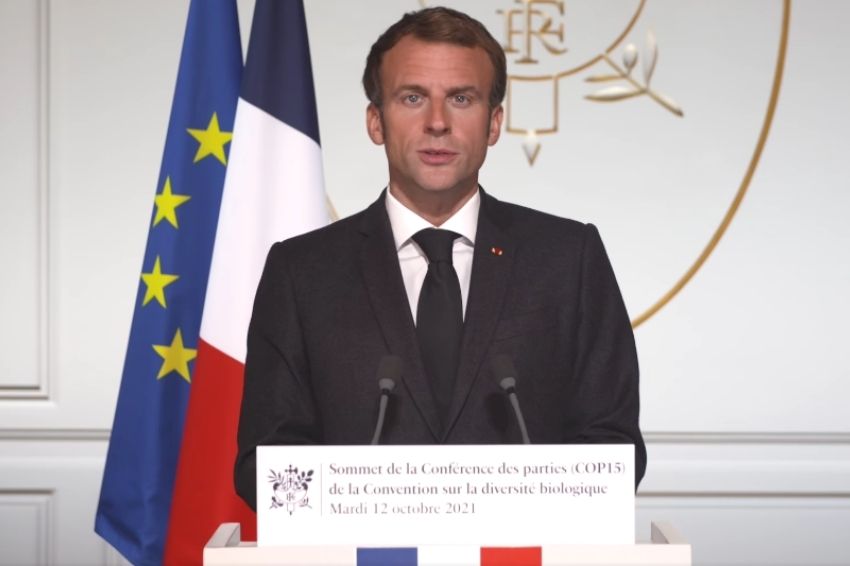SAARBRÜCKEN, GERMANY. The French government approved planning for the construction of the country's largest floating photovoltaic solar plant.
The project will be located in the Haute-Marnes department, in the Greater East region of France, the same place where, until the end of 2020, a quarry operated by the company Etablissements Blandin operated.
With an expected operating date of 2023, the project should be built by the company RES and should have a capacity of up to 65.5 MW, and should be installed on water surfaces originating from explorations carried out by the former quarry.
The intention is to reuse the space as a way to increase energy generation through clean sources, in addition to promoting the number of jobs in the region.
With the capacity to supply energy to up to 26 thousand inhabitants, the plant will contain different islands of floating modules that will be shared across a territory of 127 hectares. The construction could prevent the release of around 16 thousand tons of CO₂ into the atmosphere per year.
According to the president of Etablissements Blandin, Francis Blandin, the approval of this project was an important step for the environmental management of the former quarry:
“Our team appreciated RES’s proposal to use floating photovoltaic panels. This solution makes it possible to preserve the fauna and flora that have been established for 40 years. To take our approach even further, an agreement has been signed with RES to further preserve certain sectors of industrial activity over the next 30 years. We are very proud of this collaboration, which respects the vision we had for the future of our quarry”, says Blandin.
The company responsible for planning the floating photovoltaic plant, RES, has been operating in the French market and in different countries for 40 years. The company works on the development of wind, solar, energy storage, as well as transmission and distribution constructions.
In France, the company is already responsible for other projects, such as the photovoltaic plant in the Normandy region, opened in 2019, with 12,800 photovoltaic panels and a capacity of 15.3 MW, producing electricity for up to 6,000 homes.
Céline Spitzhorn, director of RES Solar, says the company wants to become one of the leading companies within the solar sector in France: “We are proud to announce that we have received planning permission for a large-scale floating solar project in the Haute Marne. This first approval paves the way for our other projects of the same type. In fact, RES is currently developing a series of floating photovoltaic projects, with a portfolio of over 200 MW. With a team of around 50 people dedicated to solar activity and a network of agencies covering the whole of France, our goal is to become one of the main players in the solar sector in France, both for floating and land-based installations”, concludes the director.
For the Union of Career and Construction Materials Industries (UNICEM), the approval of the project is positive news for the local economy: “The emergence of floating and terrestrial solar projects further expands the field of post-quarry possibilities. This type of project allows us to maintain economic activity in our region, while contributing to the development of renewable energy and, consequently, to the fight against climate change. We must encourage this development which, in the long term, will also provide clean energy and ensure the production of carbon-free quarry materials. We hope that this project will lead to others”, declared Rémy Moroni, president of UNICEM.













One Response
Good afternoon Daniele,
We suggest writing an article with more technical details of the project, cost per Kwp, capacity of each panel, type of fixed floating and/or solar tracker, height of the water depth, electrical cables for passing energy from the lake to land, inverter and transformer fixed on the float or on land, type of battery to be used outside of solar generation, etc.